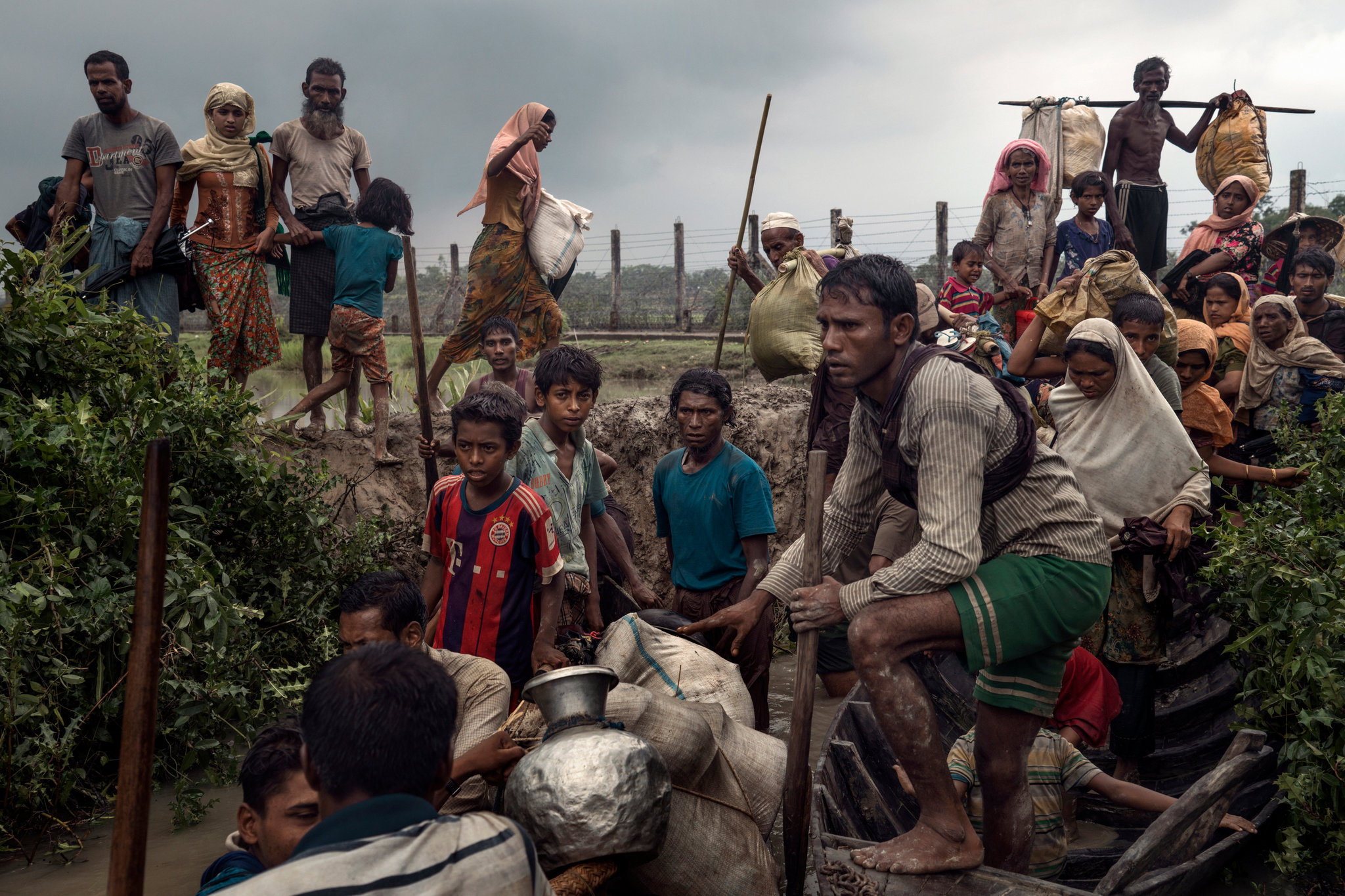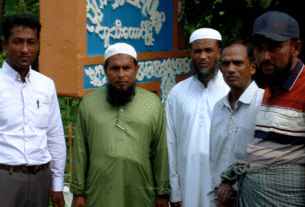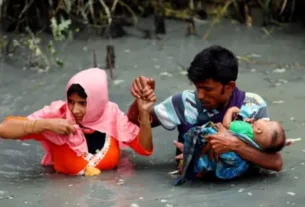On 17 October the ASEAN Parliamentarians for Human Rights (APHR) and members of the European Parliament issued a joint letter calling for greater attention to the escalating humanitarian crisis facing Rohingya both in refugee camps in Bangladesh and those internally displaced in Myanmar.
The text of the statement is as follows.
Today, members of ASEAN Parliamentarians for Human Rights (APHR), joined by lawmakers from the European Parliament, come together to spotlight the escalating, cross-border humanitarian crisis affecting Rohingya refugees in Cox’s Bazar and internally displaced people in Myanmar.
Experiencing relentless violence, mass displacement, collapsing services, and shrinking humanitarian access, the situation demands immediate international action. With nearly 22 million people in need of assistance and more than 3 million internally displaced, civilians are enduring relentless airstrikes, violence, and the destruction of schools, hospitals, and homes — while thousands are stranded along the Thai-Myanmar border with critically underfunded humanitarian support. Meanwhile, Rohingya refugees in Cox’s Bazar face dwindling aid, food shortages, and stalled repatriation efforts. We echo APHR’s initial findings during a recent visit to the Rohingya refugee camps in Cox’s Bazar: the dire needs in the camps require urgent, collective ASEAN and international action.
The Myanmar military junta’s recent steps, including reshaping state institutions, imposing martial law across 63 townships, suspending legal protections under Articles 5, 7, and 8 of the Privacy and Security Protection Law, and moving ahead with a fraudulent December election, have intensified the suffering of civilians and made basic survival ever more precarious. These measures do not create the conditions for credible governance or for safe, voluntary returns of refugees and displaced people. ASEAN’s guidance that “an election is not a priority” until violence stops must be honored; no international actor should legitimize any poll conducted under continued military rule.
Aligned with APHR’s stance, we urge the European Union (EU) to strengthen its support for democracy and human rights in Myanmar. In particular, the EU should step up sanctions and diplomatic pressure on the junta’s leadership. APHR has emphasized many times that ASEAN and its partners must pursue “diplomatic isolation of the junta [and] targeted sanctions” as part of a decisive response.
The EU’s existing arms embargo on Myanmar must be rigorously enforced and broadened; we join APHR in calling for a comprehensive arms embargo and a ban on aviation fuel to incapacitate the junta’s airstrikes.
At the same time, we must recognize and support the courageous efforts of Myanmar’s democracy forces and the “federalism-from-below” initiatives. Community- and ethnic-led governance bodies are implementing inclusive health services, education, and advancing the Articles for Federal Transitional Arrangement (AFTA) as a roadmap towards a federal democratic union. These initiatives deserve sustained international support and recognition.
In light of these developments, we call on the European Union, its member states, and international partners to center humanitarian protection and life-saving support at the core of their international solidarity agenda. We urge them to:
- Refuse to recognize a junta-sponsored poll or government.
Instead, all parties must insist on an immediate ceasefire and the release of political prisoners before any credible transition can begin. - Support federalism from the bottom up
Enhance political recognition and support for Myanmar’s legitimate democratic actors, including the National Unity Government (NUG), ethnic revolutionary organizations (EROs), and civil society as key partners in shaping a federal, democratic future. - Scale up humanitarian funding
Increase aid for Rohingya refugees in Cox’s Bazar (Bangladesh), internally displaced people in Myanmar, and refugees on the Thai-Myanmar border. - Strengthen targeted sanctions and diplomatic pressure
Implement a comprehensive arms embargo to end atrocities and human rights violations, and ban jet fuel to halt airstrikes. - Bolster EU–ASEAN cooperation to ensure a unified, principled stance that prioritizes human rights and justice in Myanmar.
Finally, this joint statement represents APHR’s continued commitment to democracy and human rights in Southeast Asia and aims to champion closer EU–ASEAN cooperation on issues that impact the people of Myanmar, the Rohingya, and other marginalized populations.
As APHR has stressed, “[there is] no future in being indifferent” to the junta’s campaign of terror. The EU institutions and Parliament, alongside Southeast Asian lawmakers, must act now to uphold peace, human rights, and democratic aspirations in Myanmar.



